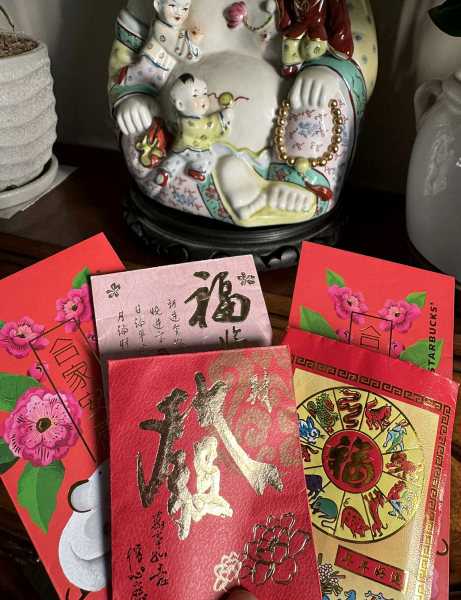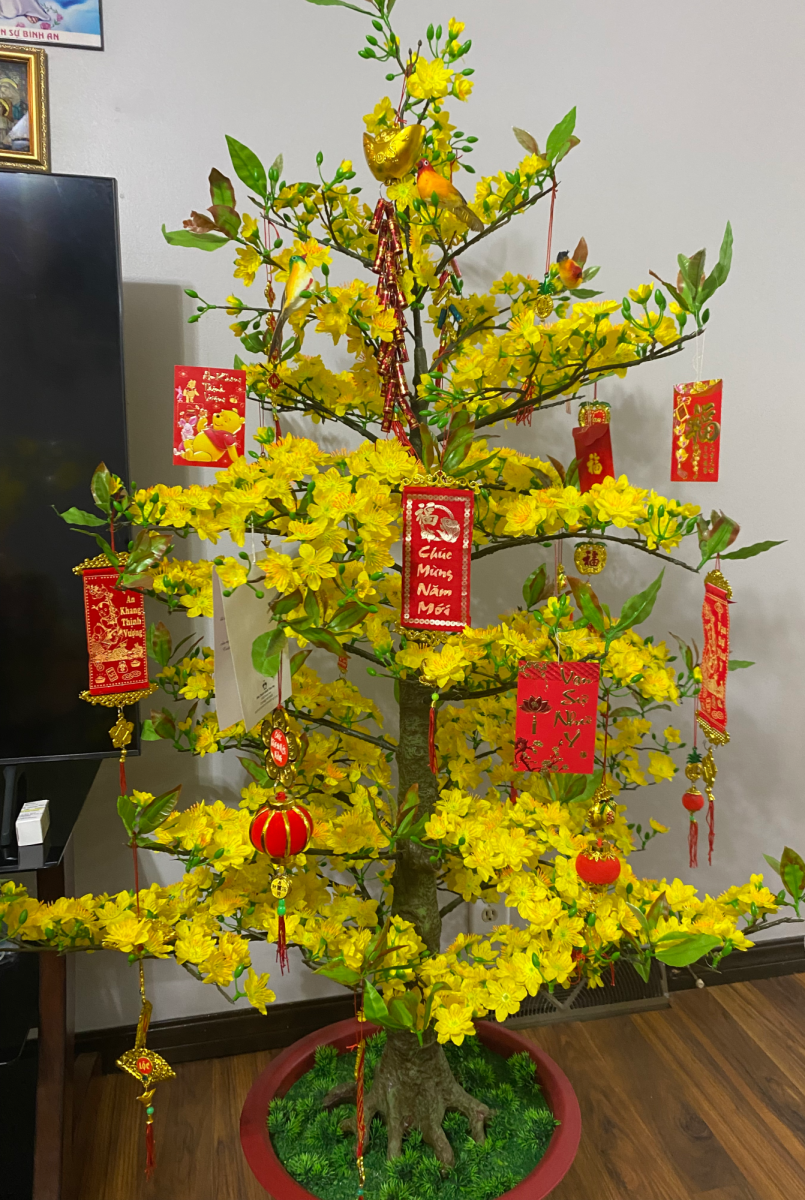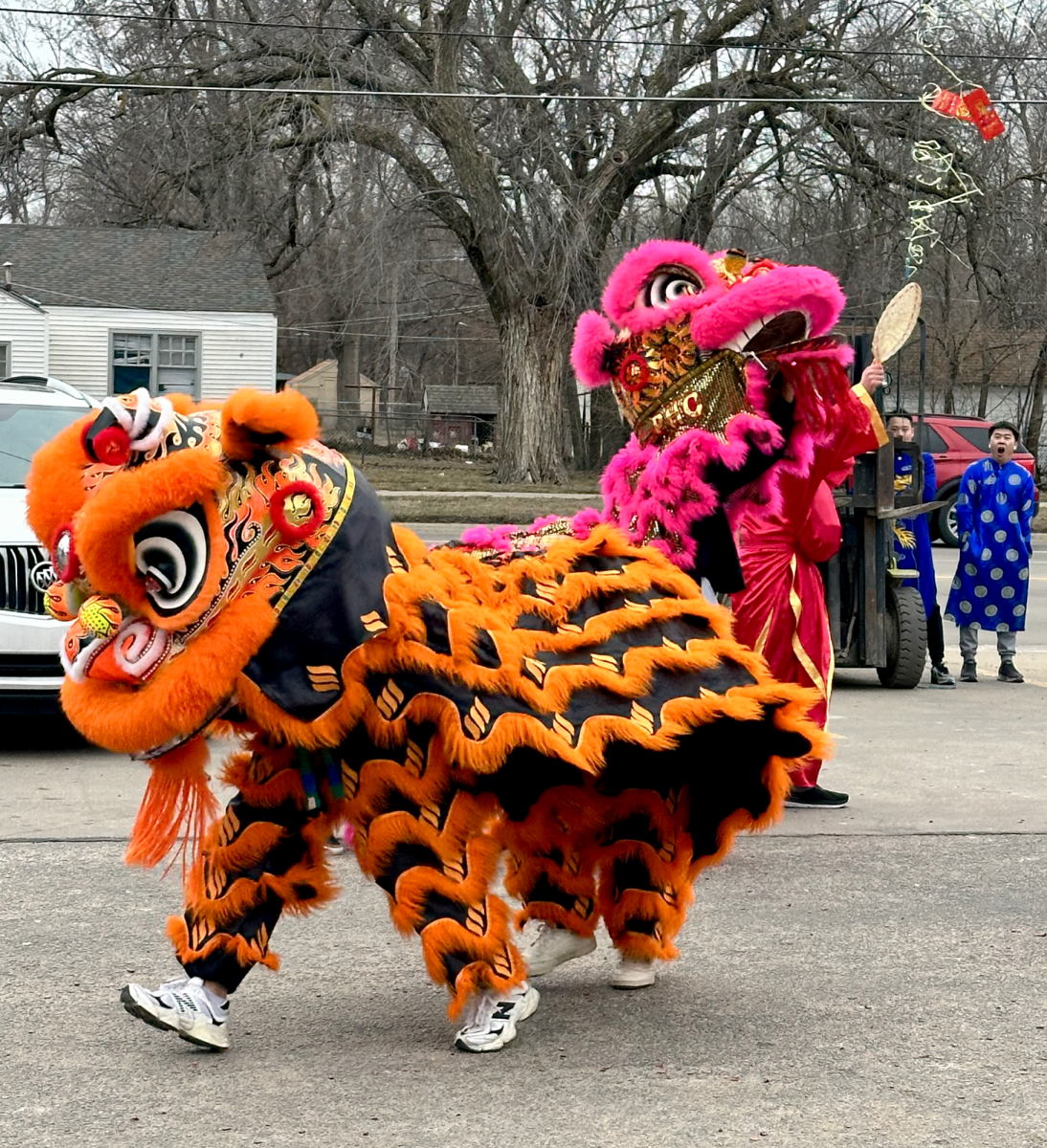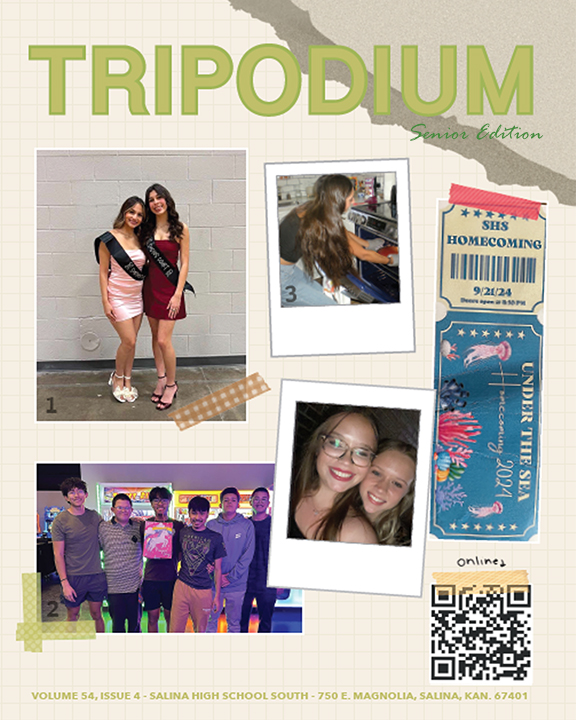On Feb. 10, many Asian countries and Asian Americans celebrated the Lunar New Year. The celebration is yearly and lasts 15 days; the day of the celebration often changes in correlation to the moon cycle. However, it typically falls between Jan. 21 through Feb. 20. The new year introduces the first new moon of the lunar calendar, the holiday then ends on the first full moon of the calendar.
There are many different legends about how the Lunar New Year came to be, but one contained a beast named Nian, that ate humans. Thus, people started decorating their homes with red decorations, played loud noises, lit fireworks and lanterns.
The entirety of the celebration is to go into the new year with good luck. Many superstitions also come out of the tradition, days before the new year starts, people would clean the houses and start decorating to get rid of the previous bad luck.
However, on the day of the new year, it is said not to sweep because it “sweeps” the wealth away. Another superstition includes not washing hair and clothes, because it “washes” away the good luck. Wearing black is considered unlucky, while red was emphasized to be luck. There are many more superstitions that are integrated into Lunar New Year’s beliefs.
Families come together and enjoy a great feast. In bigger areas, where asian communities are more prominent, they hold big festivals and parades. The “Dragon Lantern Dance” is very popular amongst the celebration. It has been said that it scares away the bad spirits.
Every year an animal is represented for the new year, following the Chinese zodiacs. This year is extra special because it is the year of the dragon. People born in the year of the dragon are said to have good fortune and luck.


“I always look forward to celebrating tết because I get to visit my family and wish them good luck on the new year,” Emily Truong (‘25) said.
Tết is the Vietnamese name for Lunar New Years.
Families also then give away red envelopes to each other. The envelopes have money inside. Having odd numbers in the envelopes is considered unlucky, so most people give out even numbers. These envelopes symbolize good wishes for the upcoming year.
“What I like about Lunar New Years is receiving red envelopes and eating good food,” Alena Tran-Nguyen (‘24) said.




















